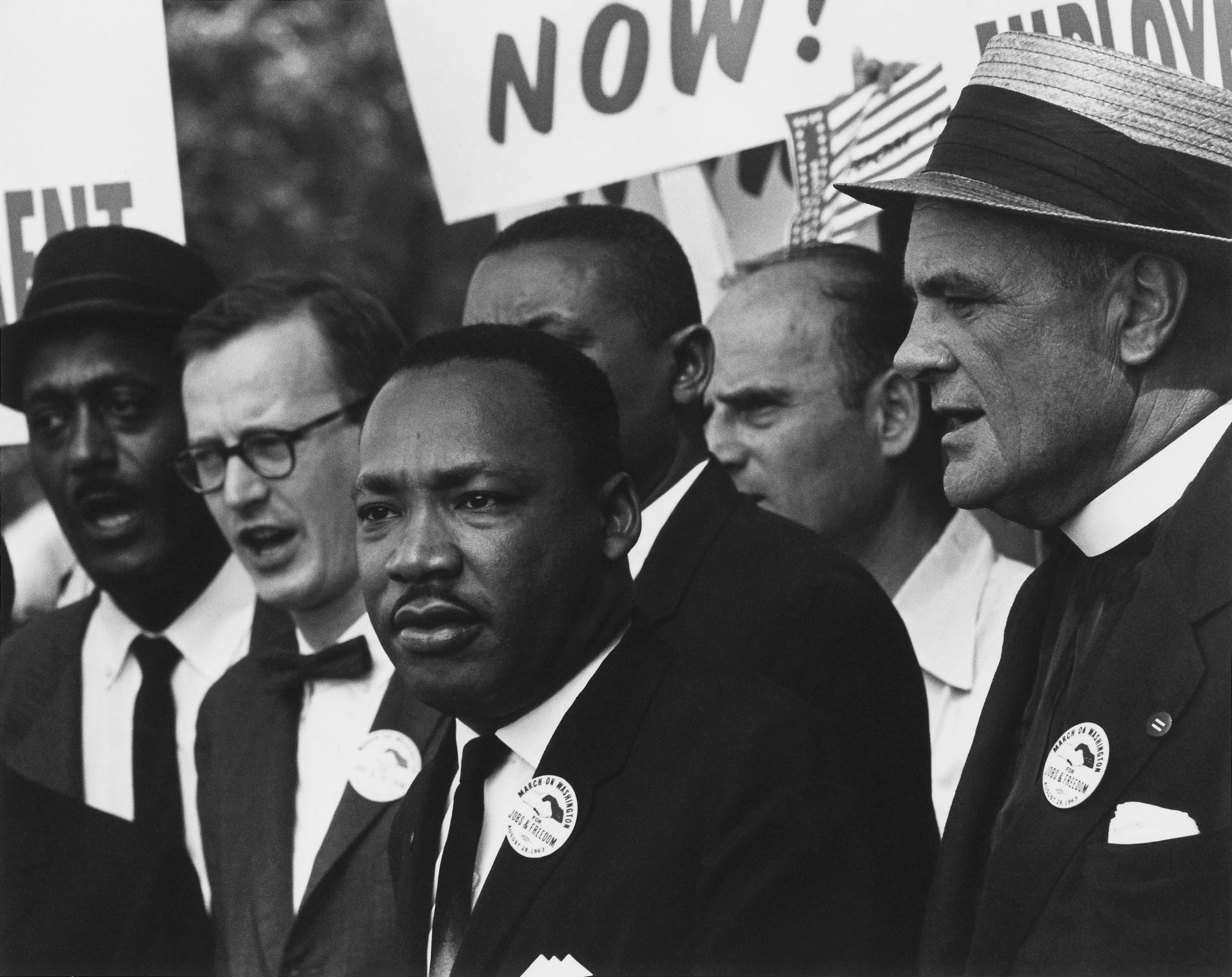Those opposed to the pro-life movement think that their opponents have a nefarious motive for their activism: “they don’t really care about babies. They just want power or control, or they just want to win.” In the following debate, the Hitch makes this explicit. Watch Bill Craig’s response. Starts at 1:16: Craig’s response is right. The Hitch presumes that Christians don’t have the intellectual resources to care for people in the present. All they have is a hope that the future, post-resurrection world will be better. All the Christian talk about life is really a veiled attempt to control others. Craig’s response is the denial of this premise. He argues…
-
-
On Evangelism
Why evangelize? Finding an answer to this question has become an urgent task since the Barna Group published findings that suggest that “almost half of practicing Christian millennials say evangelism is wrong.” It seems odd that those who have been saved by Jesus would think it wrong to tell others about him. My guess is that it may have more to do with motivation than with moral reasoning. Moral reasoning might tell us what we ought to do, but it can’t tell us how to want to do it. I recently became a foster parent. My wife and I have been talking about it for years and so about a year…
-
On Merit
You do something great, I clap. The child is naughty, he gets no ice cream. The athlete wins the race, she gets a medal. All of these actions and reactions seem built into the universe. It’s just the way it is. According to Clifton Mark, this is false – this is not the way the world works. Oh, and believing it leads to evil. Mark defines meritocracy as the idea that “the rewards of life – money, power, jobs, university admission – should be distributed according to skill and effort.” Most people, he says, think of meritocracy as a fact about the world. It is just the way the world…
-
Nativism and Theistic Beliefs
Did we learn the concept of God and infer his existence from some other more basic belief, or did we have the concept of God or a belief in his existence ‘already in the mind’? Such is the issue of nativism: whether there is something in the mind prior to experience. Some theologians and philosophers espouse strongly nativist views. For example, Gordon Clark argues for a form of concept nativism. He argues that human beings have “innate ideas and a priori categories” the purpose of which are for “receiving a verbal revelation, of approaching God in prayer, and of conversing with other men about God and spiritual realities.” Clark makes two…
-
In with the Old
Amber Petrovich argues that too many old people are in charge and that they should stand aside to make way for the young. The point is simple: Older people know less about what life is like now than younger people. Since government is about the present, younger people are better equipped to be in charge: “too many of our politicians are too out of touch to be making crucial policy decisions that affect millions of lives every day…I will never claim to know what adult life was like in the 1960s, ’70s and ’80s, but I do know what adult life is like now. So why are you still making…
-
What Can We Do?
“we had no alternative except to prepare for direct action, whereby we would present our very bodies as a means of laying our case before the conscience of the local and national community” (Martin Luther King) Is it okay for a Christian to break the law? On the one hand, the Bible tells us to to obey governing authorities (1 Peter 2; Romans 13). On the other hand, there are examples of apparent justified law-breaking (Esther 4; Daniel 1, 3, 6; Acts 5:29). Occasionally, Christians are obliged to break the law. When the law asks us to perform acts contrary to the explicit command of God, we are obliged to…
-
Truth and History
“The philosophers of the past did not write in order to reflect their times or to provide future historians with something to do. Their work was intended to point beyond itself to something else – to the truth about things – and what matters ultimately is whether they succeeded” (Ed Feser, Aquinas, 1).
-
Governing and Human Nature
Consider the present state of political discourse. Isn’t it, at least in part, a discussion about evil and what to do about it? Of course, it also involves thinking about some things as evil and other things as good. But once a political group has decided what they think is evil, the debate is all about what to do about it. Debate over the environment is about what to do to confront the bad effects of successful economies. The debate over wealth and poverty becomes a debate about how to shrink the income gap. The same is true of debates over firearms, border control, the moral status of the unborn,…







